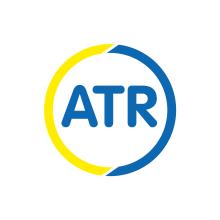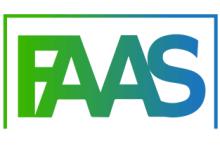Our priorities
FIGIEFA’s core objectives is to make sure that the independent automotive aftermarket can produce and market innovative and competitive services and solutions matching consumers’ expectations
FIGIEFA’s core objectives is to make sure that the independent automotive aftermarket can produce and market innovative and competitive services and solutions matching consumers’ expectations
The independent automotive aftermarket in general, and spare parts distribution in particular, is a vibrant sector making road mobility ever more affordable and more sustainable.
FIGIEFA brings together 19 national associations and 6 international trading groups. It also partners with numerous stakeholders in a number of dedicated fora and alliances. Thanks to this dense network, FIGIEFA is at the core of European and international policies impacting the automotive aftermarket.



























